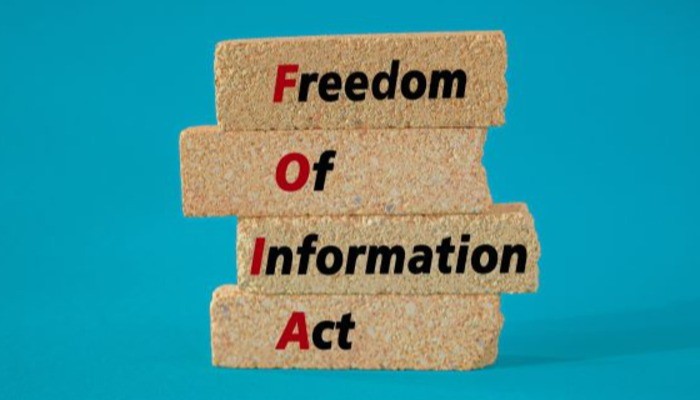Understanding FOI exemptions: section 7(2) of the Freedom of Information Act
07 March 2025
When navigating Freedom of Information (FOI) requests, it’s crucial to understand s 7(2) of the Freedom of Information Act 1982 (Cth) (FOI Act)—a key exemption that protects certain government agencies from disclosing specific types of documents.
What does section 7(2) cover?
The provision partially exempts agencies engaged in:
- National security functions (e.g., defence intelligence bodies)
- Law enforcement and intelligence work
- Commercial activities (e.g., CSIRO, Australia Post, NBN Co)
- Public broadcasting (e.g., ABC and SBS program material)
It is important to note that s 7(2) doesn’t fully remove or exempt an agency from its FOI Act obligations – instead it only applies to the exemption of specific documents relating to these activities.
Key cases interpreting section 7(2)
Bell v CSIRO [2008] FCAFC 40
Finding - ‘Commercial activities’ exemption applies where research is tied to licensing, revenue, or commerce.
Impact - FOI cannot be used to obtain commercial research agreements.
Internode v NBN Co [2012] AICmr 4
Finding - NBN Co’s network rollout plans fall under commercial activities exemption
Impact - Protects government-owned businesses from FOI requests that could harm competitive neutrality.
Australian Broadcasting Corporation v Herald and Weekly Times [2012] AATA 914
Finding - Administrative documents directly linked to program creation are exempt.
Impact - Strengthened the broad interpretation of ‘program material’ exemptions.
Key takeaways for FOI requests
For Applicants - Before making an FOI request, check if s 7(2) applies and consider the effect this may have on the kinds of documents you are seeking access to, as some agencies may withhold documents based on commercial, security, or broadcasting functions.
For Agencies - When handling FOI applications, case law confirms that s 7(2) must be carefully assessed to ensure that only eligible documents are withheld in accordance with this provision.



